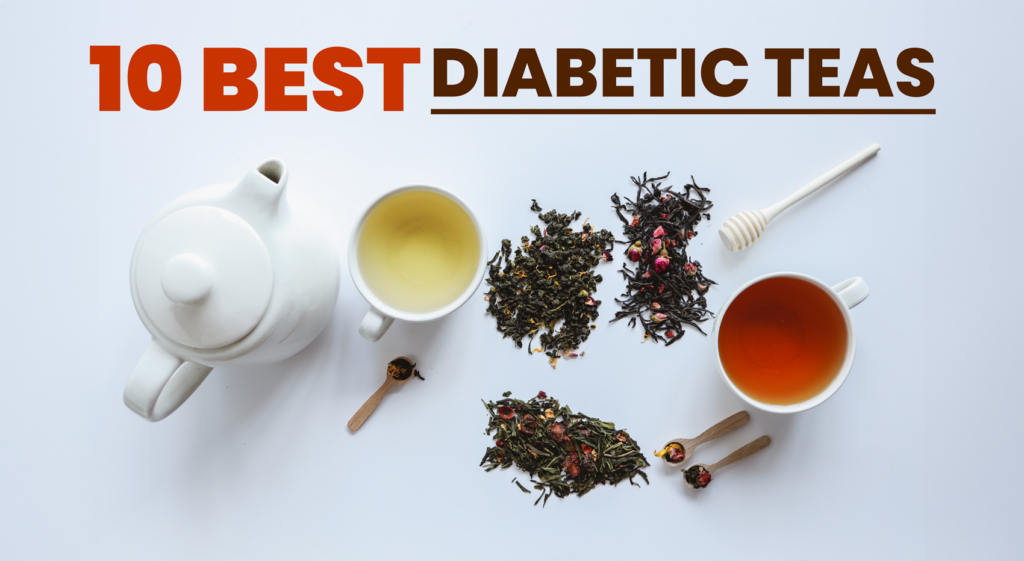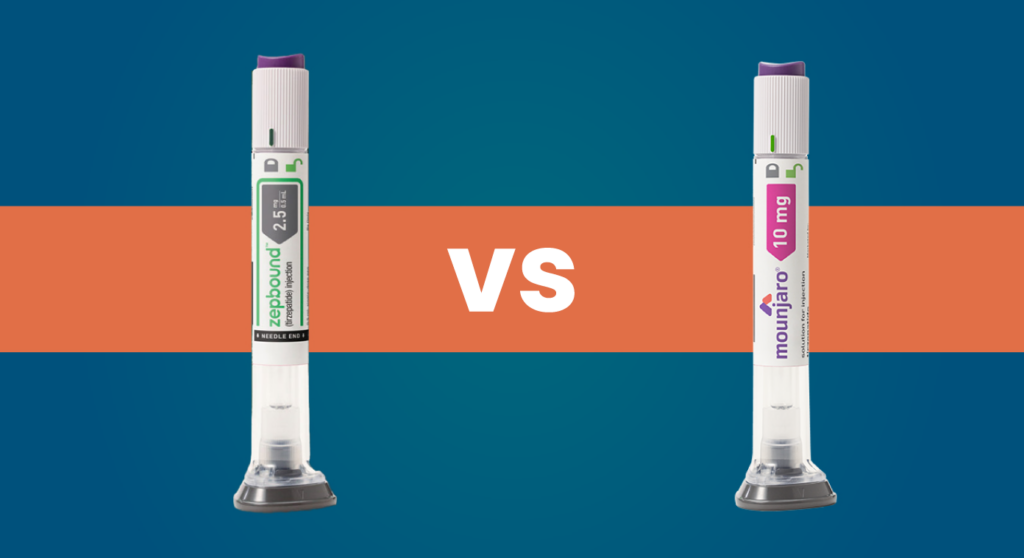10 Best Diabetic Teas

Diabetes is mainly a management issue, and this often includes some discretion, particularly when taking food and beverages. However, who has ever said that such choices have to be mundane or basic? Tea is one food that those who want to make changes in the tastefulness of their diet without necessarily altering their health status […]
Diet Chart For PCOD

PCOD is a widespread lifestyle disease affecting many women nowadays. Its origins are unknown. However, poor choices and stress are common triggers for PCOD. So are obesity and related conditions. Early identification and protection meditations can help. You can lower your risk of long-term health problems from heart disease and type 2 diabetes. Polycystic ovarian […]
Does Hot Weather Affect Diabetes Type 2?

Summer can present other obstacles for diabetics. A study found that diabetics are more vulnerable to heat and humidity. So, they can face health issues in hot weather. Controlling your blood sugar may be tough, and the heat will likely exhaust you. So, in hot weather, it is vital to check your blood sugar. Also, […]
What Does A Blood Sugar Level 104 Mean?

A regular examination of blood sugar levels is part of a diabetes screening. Many people use a ver-the-counter finger-prick test machine to check their blood sugar at home. You can measure blood glucose or blood sugar levels in mg/dL. You can undergo this test at a doctor’s office, laboratory, or at home via glucometer with […]
Are Cherries Good for Diabetics?

Diabetes is a chronic condition that requires proper management of the diet, and active lifestyle to regulate blood glucose levels. In the case of dietary choices, fruit consumption remains a concern owing to the presence of sugars. Cherries often get the attention of people and researchers mostly because of their health benefits. So, are cherries […]
Can I Donate Plasma if I Have Type 2 Diabetes?

To campaign a noble cause such as plasma donation that can be used to save lives, is highly commendable. But then living with type 2 diabetes, someone may ask, “Can I donate plasma if I have type 2 diabetes?” The answer is yes; you are allowed to donate plasma if you are living with type […]
What Is Zepbound vs Mounjaro?

What Is Zepbound vs Mounjaro? If you have type 2 diabetes and wish to keep it under control or wish to shed some weight, your physician may have recommended Mounjaro or Zepbound. The producers of these two drugs are Eli Lilly, and both have tendencies to cause diarrhea, nausea, and vomiting; their active component is […]
Does Matcha Help with Weight Loss?

Does Matcha Help with Weight Loss? Have you ever wondered, “Does matcha help with weight loss?” This vibrant green tea from Japan, made from finely ground shade-grown tea leaves, is not only a feast for the eyes but also packed with a creamy and rich flavor. If you have not tried matcha yet, you’re missing […]
Is Obesity A Disability?

Obesity is rapidly becoming prevalent and is a major health problem in the world which comes with complications like diabetes, heart complications, and high blood pressure. This paper, therefore, examines the current knowledge on obesity, and the arguments that perpetual it to be a disability under the ADA. The discussion is necessary as it influences […]
When Is The Best Time To Test For Hormone Imbalance?

When Is The Best Time To Test For Hormone Imbalance? Identifying the time when a particular patient should be tested for hormonal imbalance is important more so in managing different diseases. Hormonal diagnostics are rather helpful in the investigations of problems related to fertility, menstrual cycle phases, or the beginning of the perimenopausal period. Based […]
